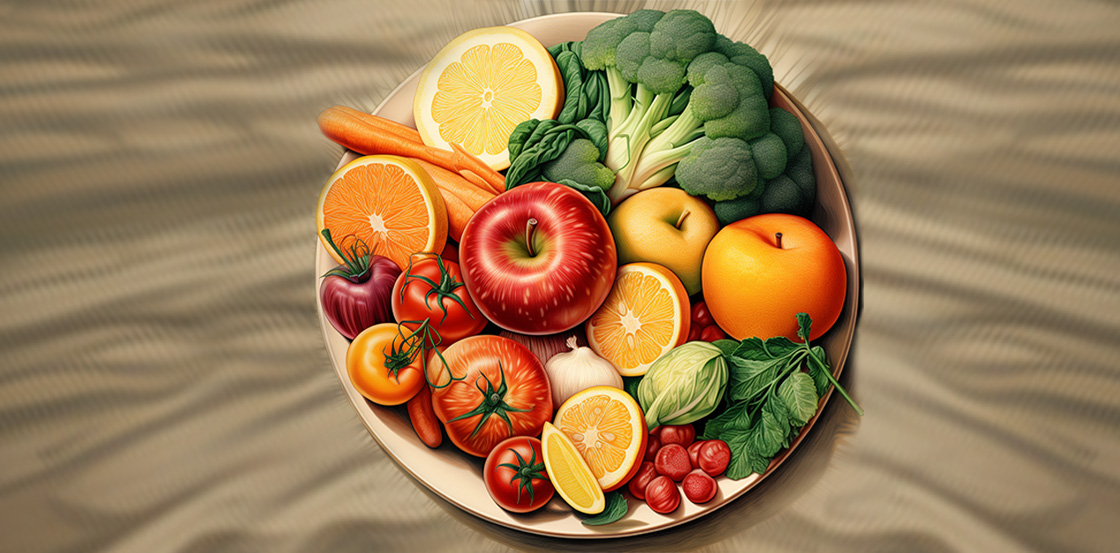Post link copied to clipboard!

Fibroids, those unwelcome intruders in a woman’s life, can be a source of discomfort and concern. But what if we told you that you might have the ability to curb their growth and ease their symptoms with the foods you choose to eat? It’s true; your diet can play a pivotal role in your fight against uterine fibroids. Here’s a concise guide to navigating this journey:
While there’s no one-size-fits-all dietary solution, research hints at some foods that could assist in preventing or shrinking fibroids. By making sensible choices, you may be able to lower the hormones that fuel fibroids, which can potentially alleviate your symptoms.
As you embrace a fibroid diet plan, be mindful of the culprits that could contribute to fibroids:
Fibroid symptoms can be challenging to deal with, prompting many to seek solutions online. However, be cautious of so-called “miracle cures.” These often prove ineffective, at best, and potentially harmful, at worst. Always prioritise medically recommended care over supplements and online advice.
In your quest to manage fibroids, it’s not just about what you eat. Incorporate daily movement, like walking, into your routine. Coupled with dietary changes, this can help alleviate fibroid symptoms, aid in weight loss, and reduce oestrogen levels. Remember, adopting an overall healthy lifestyle is the cornerstone of fighting fibroids.
Adopting a fibroid diet plan doesn’t mean instant miracles. Take it one step at a time. Swap red meat and processed foods for fruits and vegetables to build healthier habits gradually. You’ll likely find that as you feel better, embracing these dietary shifts becomes more manageable.
In conclusion, consider your dietary changes not as a miraculous cure but as a valuable investment in your health and overall well-being. By making informed choices, you can play an active role in managing uterine fibroids and enhancing your quality of life.